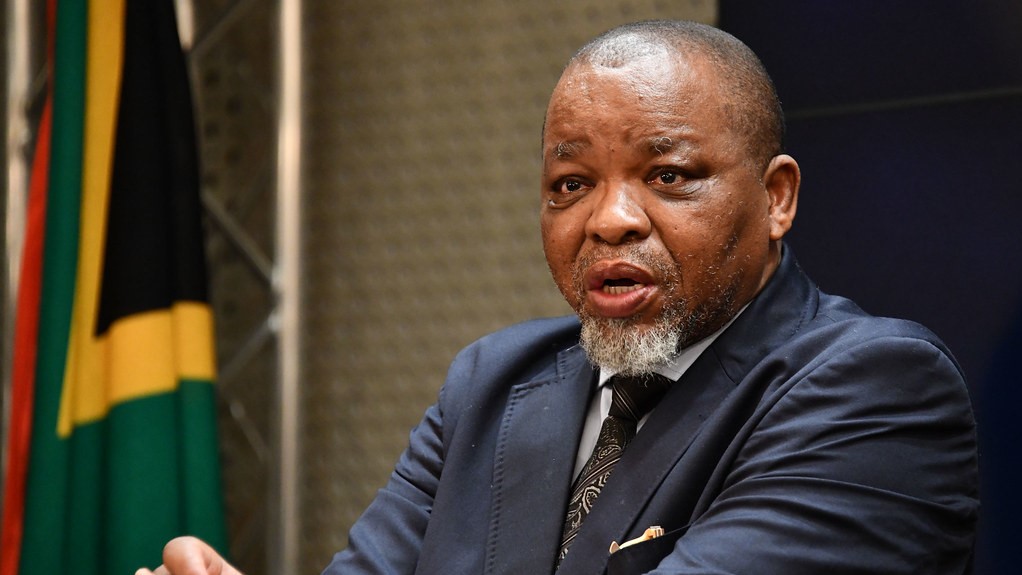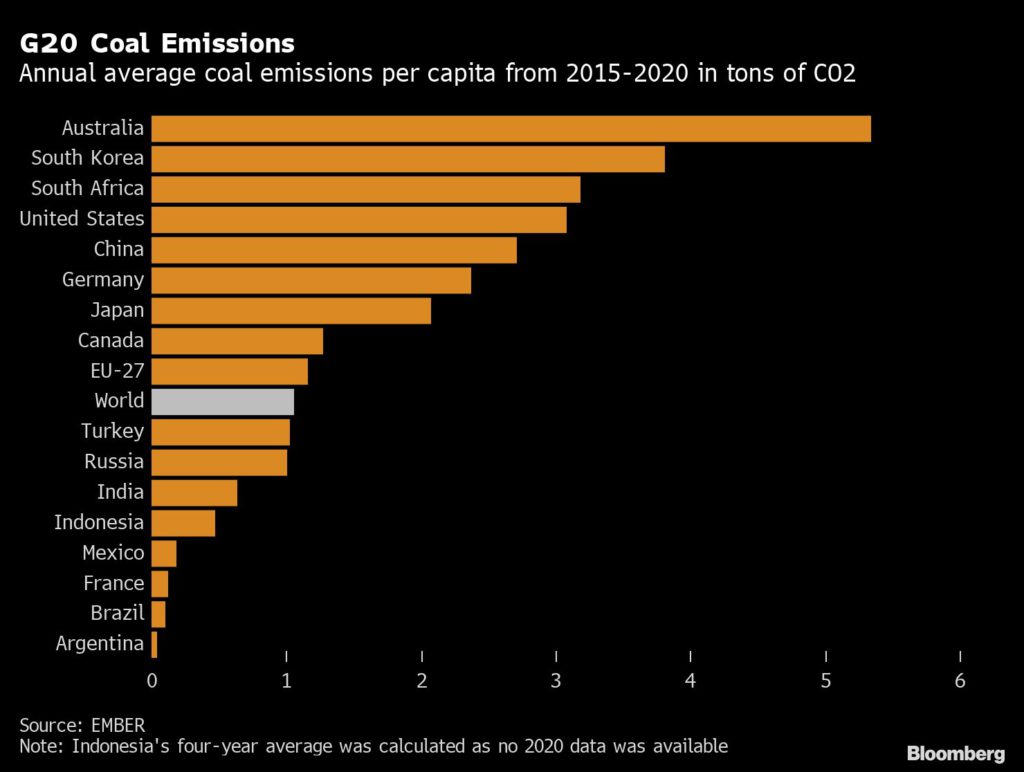Europe crisis shows coal’s value, South Africa minister says

South Africa’s energy minister dismissed the notion that renewable electricity can bring an end to years of rolling blackouts, pointing to Europe’s pivot back to the use of fossil fuels as evidence of the constraints of using green energy.
Solar and wind plants could be used to supplement coal, gas and nuclear power generation, but had limitations when it came to meeting South Africa’s needs, such as supplying mines, Mineral Resources and Energy Minister Gwede Mantashe said.
“The excitement of moving from coal to renewables is becoming a myth,” Mantashe, a former miner and labor-union leader, said in an interview Tuesday in his office in Pretoria, the capital. “Many think that renewables are the so-called savior, and we know that it is not. Germany has learnt that painfully.”
South Africa relies on coal to generate more than 80% of its electricity, and has been subjected to intermittent outages since 2008 because state utility Eskom Holdings SOC Ltd. can’t meet demand from its old and poorly maintained plants. While the government has pledged to reduce greenhouse gas emissions to net zero by 2050 and taken steps to increase purchases of renewable power from private producers, it’s encountered opposition from Mantashe and unions that represent coal miners and fear job losses.
The burning of coal represents the biggest single obstacle to meeting the Paris Agreement goal of limiting global warming to 1.5 degrees Celsius. United Nations Secretary-General Antonio Guterres calls it a “deadly addiction.” Australia, South Korea and South Africa lead the world in polluting by using the world’s dirtiest fossil fuel when you adjust for population size, according to energy and climate research organization Ember.

Still, the argument for the continued use of fossil fuels has gained traction as Europe grapples with its worst energy crisis in decades, with Russia down-scaling natural gas deliveries to the region, France contending with nuclear power-plant outages and electricity prices reaching record highs.
Germany, which has the European Union’s biggest economy, and other countries intend restarting mothballed coal-fired power plants and extending the life of their nuclear facilities to reduce their reliance on Russian gas and coal following its invasion of Ukraine.
South Africa’s exports of coal from the Richards Bay Coal Terminal to Europe surged more than eight-fold in the first half of this year, according to Thungela Resources Ltd., the nation’s biggest shipper of power-station coal.
Tesla Inc. Chief Executive Officer Elon Musk weighed in on the debate this week, saying the world needs more oil and gas now to counter energy shortages even as it transitions to renewable power.
South Africa should consider investing in additional coal- and nuclear-generation capacity, with backup coming from renewable energy, according to Mantashe. While options such as battery storage or pump storage are currently expensive, they will still be considered, said Thabang Audat, a chief director in his department.
Mantashe said a pledge made last year by developing nations to help raise $8.5 billion to help South Africa transition to clean energy is still being discussed, and that any final decisions on how the money should be used will be accommodative of the country’s energy needs. The availability of the funds has become a “moving target,” he said.
The minister called for an end to the “polarized” debate on South Africa’s energy transition.
“The co-existence of various technologies” is required to meet the country’s needs, he said.
(By Felix Njini and S’thembile Cele, with assistance from Loni Prinsloo, Paul Richardson and Arijit Ghosh)
{{ commodity.name }}
{{ post.title }}
{{ post.date }}




Comments